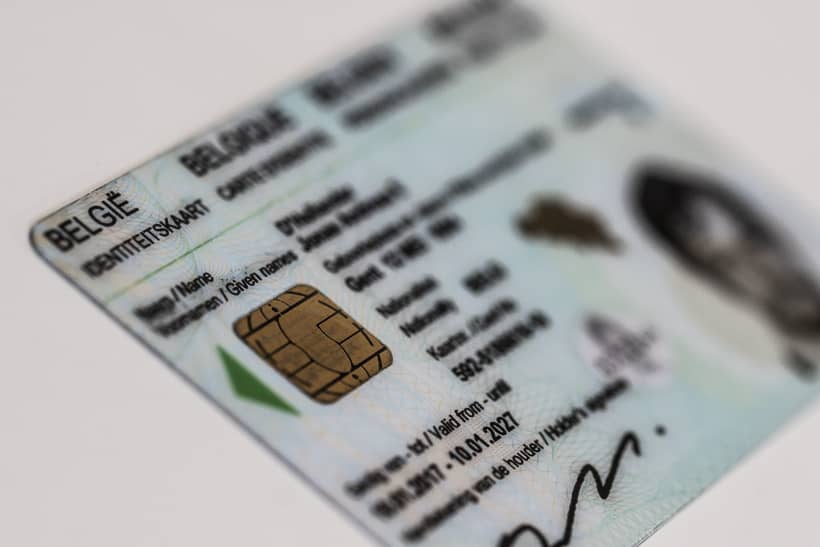Last year, 530 Belgians changed their listed gender on their identity card, according to figures from the Institute for the Equality of Women and Men, split almost evenly between trans men (262) and trans women (268).
Belgian residents have been able to change their gender on identity documents since 1 January 2018 and 3,262 people have taken the opportunity to do so in the years that followed, De Morgen reports.
2020’s figure of 414 is thought to be lower due to the pandemic lockdowns making it more difficult to use government services.
An estimate by the Institute for the Equality of Women and Men indicates that there are approximately 55,000 transgender people in the country, meaning that for many people, their gender identity does not yet align with what is stated on their passport.
There are various explanations for this, according to Liesbet Stevens, deputy director of the institute, including that the options only allow for “man” or “woman” to be selected.
Caught between categories
Nonbinary people – meaning those who don’t conform to gender presentations associated with the traditional Western concepts of male or female – don’t see their identity represented in the current two-option choice.
“For those who identify as non-binary, there is actually no option,” said Stevens.
“While the starting point of the new legislation in 2018 was precisely that everyone should have the chance to register according to their gender identity, the law also states that a gender identity cannot fluctuate, which in turn is a problem for gender fluid persons.”
In 2019, Belgium’s Constitutional Court ruled that non-binary or gender-fluid persons should also have the option of adapting their identity cards to match their gender identity.
Related News
- Wallonia launches LGBTQ plan for equal rights
- Belgium third place on 'Rainbow Map' for LGBTQ rights
- Belgian Pride returns 21 May: 100,000 participants expected
That court ruled that the Transgender Act, which determines the procedure for changing from “male” to “female” or vice versa, was in violation of the principle of equality in the Constitution because it excluded non-binary or gender-fluid persons.
Also noted was the fact that a person can only change the gender on their identity card once, unless they go to the family court for all instances after the first.
The government is currently working on a bill to meet the requirements of the Constitutional Court’s ruling and is considering eliminating the indication of gender on identity cards altogether.
“Many people are not even aware that it is there,” said Stevens, “while for people struggling with their gender identity, something like that is very confronting.”

